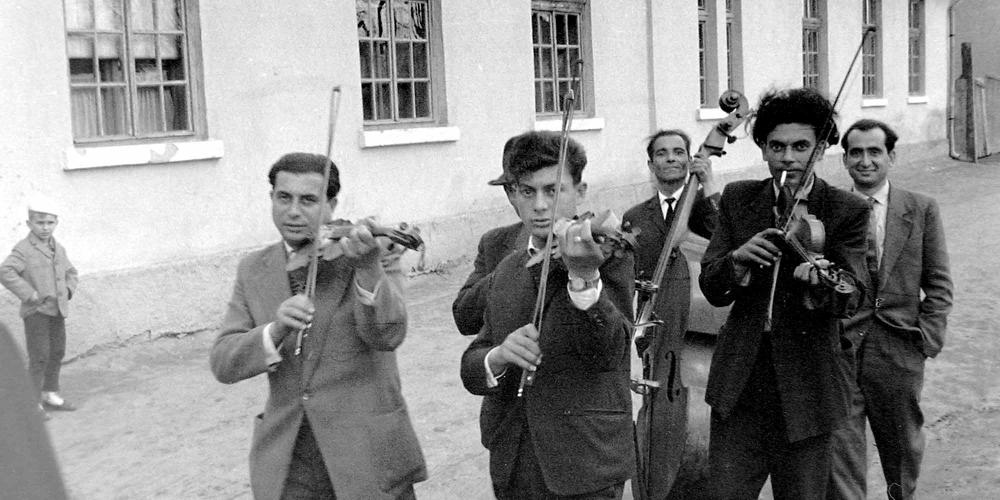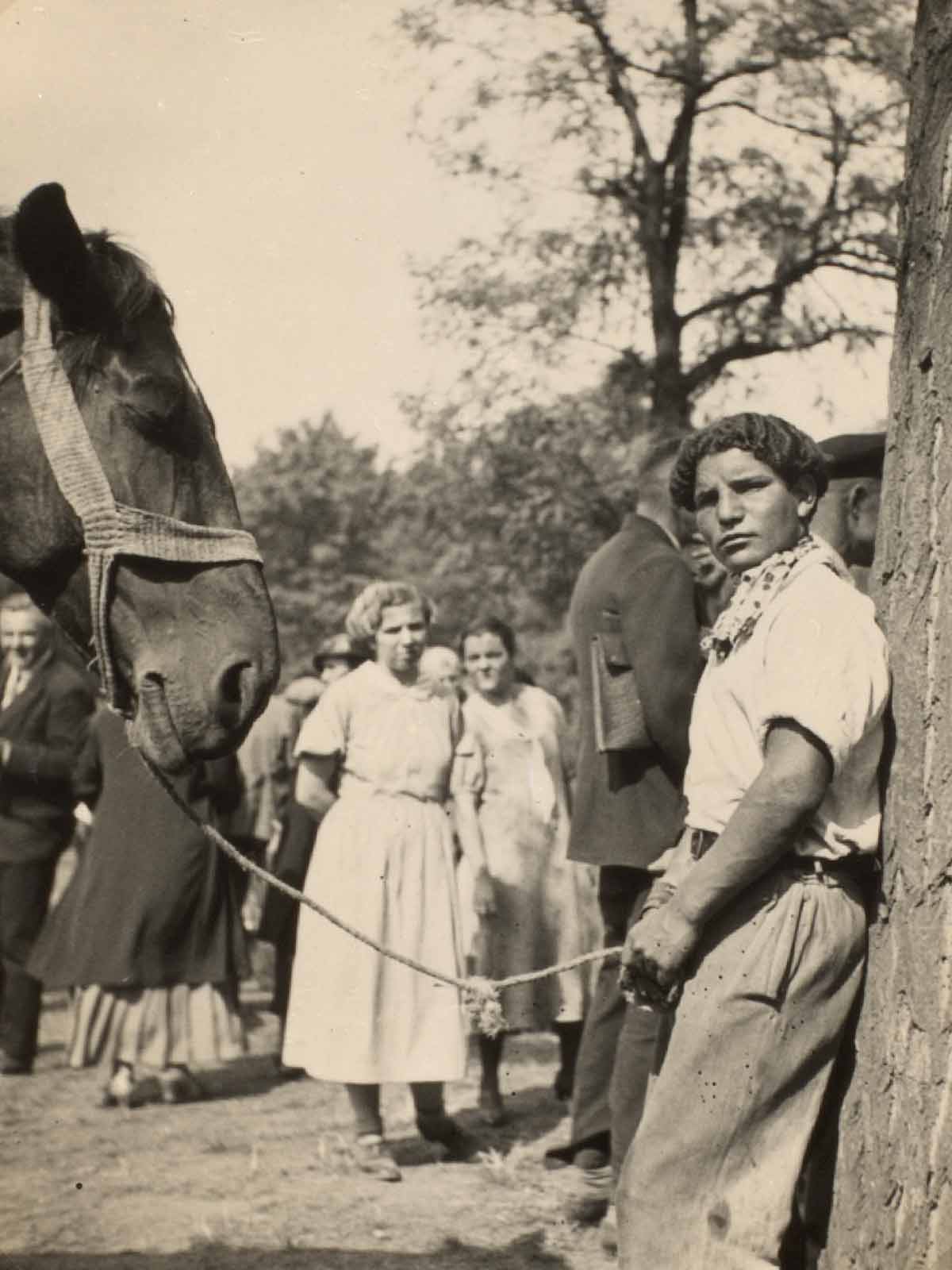
Beyond Stereotypes: Cultural Exchanges and the Romani Contribution to European Public Spaces
BESTROM explores the cultural contribution to Europe’s public space/s of Romani minorities since the nineteenth century.
Beginning from the premise that minorities should be seen as contributors to a shared store of cultural capital rather than “problems”, and bearing in mind the ways in which historical prejudices against “Gypsies” are currently being transferred to new migrant groups, we propose that the European Romani experience can offer important material for reflection both on the roots of discriminatory practice and on ways of acknowledging diversity within an integrated Europe.
In order to do this, BESTROM goes beyond the historical scholarship which focuses on state practices, instead emphasising Romani agency, and this implies a critique of “integration”: Romanies’ ambivalent historical experience confounds the familiar inclusion-exclusion binomial, while their practices of challenging normative integration processes, deploying skills of adaptability, mobility and multilingualism, constitute a cultural matrix rich in possibilities for re-visioning European identity.
We examine the Romani contribution in four exemplary public spaces, deploying historical, ethnographic and musicological methods. The past and present dynamics of those spaces are explored, with a shared aim of illuminating processes of exchange without ignoring underlying conflicts and asymmetries of power. The case studies have regional foci but are conceived in transnational terms, sensitive to comparisons and transfers.
Prof. M.S. Sierra-Alonso
Project Leader
Universidad de Sevilla
Spain
- Research on the Romani contribution in the political sphere explores the ways in which the actions of Romani activists and intellectuals have served to open up the space of European citizenship, necessitating the reconsideration, expansion and enrichment of traditional civic categories. This study takes a biographical approach to political activism in Spain, France, Great Britain and Germany.
- A study of the aural presence of Roma music as a transnational element of European public space, with a regional focus on throughout Eastern and Western Europe, examines historical examples of musical performance in urban space and the involvement of Romanies in contemporary international music festivals. It considers how Romani musicians actively shape the space they share with non-Roma through music.
- Horse fairs in England and Germany in the late nineteenth and early twentieth centuries are examined in a third study, exploring spaces which combined economic and leisure activities with opportunities for the display of both difference and intercultural competence. It asks how inequalities structuring market exchanges might interact productively with social differences to sustain positive cultural and economic relationships.
- An examination of Romani groups in the public space of the circus considers circuses as cosmopolitan and mobile spaces and analyses how (and how far) they functioned historically as gateways for the acceptance of otherness. It compares the cases of Germany and Denmark, in terms of the role that circuses played in the construction of nation-state narratives and the implication of Romani actors in those processes.
Both research design and public engagement have been informed at each stage by collaborations with partners from Romani communities, including cultural producers and activists.
Both research design and public engagement have been informed at each stage by collaborations with partners from Romani communities, including cultural producers and activists.

